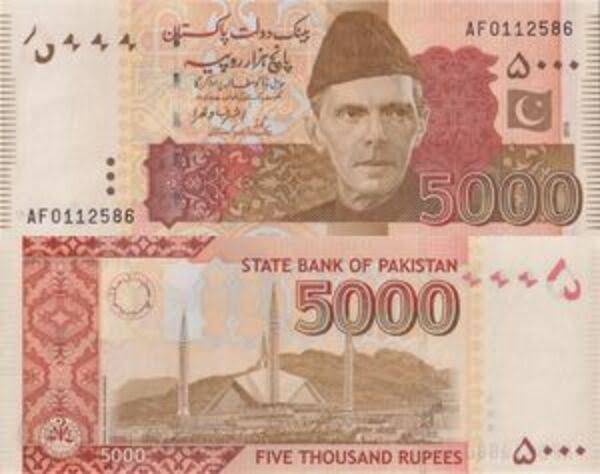Punjab government imposes House Tax in Punjab
Shares

The Punjab government has recently implemented a monthly household tax of Rs. 695 per dwelling across 16 tehsils within the region. The primary objective behind this tax is to earmark crucial funds for vital services such as water supply, sanitation, and waste management, all of which are fundamental needs in the area. By imposing this tax, the government seeks to address long-standing infrastructure challenges and enhance the overall quality of life for its residents.
The impact of this tax spans across various regions in Punjab, affecting the inhabitants of Khushab, Mianwali, Bhakkar, Sargodha, Chakwal, Pakpattan, Chiniot, Jhang, Rajanpur, Rahim Yar Khan, DG Khan, Lodhran, Bahawalpur, Muzaffargarh, and Multan.
Approximately 2000 villages will come under its purview, making it a substantial and far-reaching fiscal policy with the potential to bring about transformative change.
To effectively manage the responsibilities of water supply and waste management, the caretaker government has delegated these tasks to a municipal company. This strategic partnership is aimed at ensuring the efficient and reliable delivery of services to citizens, with the successful collection of the house tax playing a pivotal role in the accomplishment of these initiatives.
While this move has sparked concerns among the populace regarding the additional financial burden on already struggling households, the government maintains that these tax revenues will be allocated transparently. The ultimate goal is to utilize these funds to uplift the standard of living for the residents in these tehsils, thereby addressing critical infrastructure needs and fostering a better quality of life for all.
